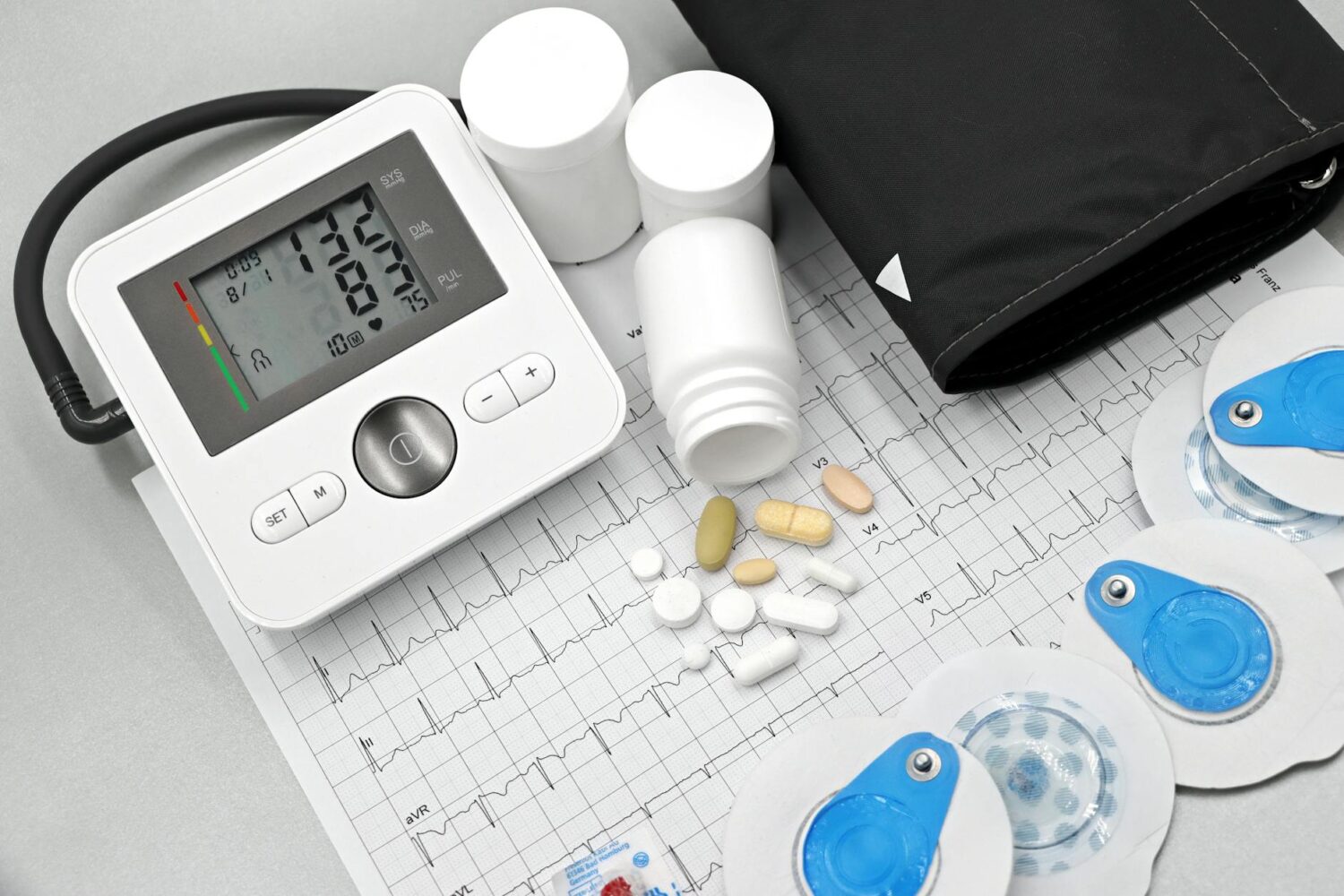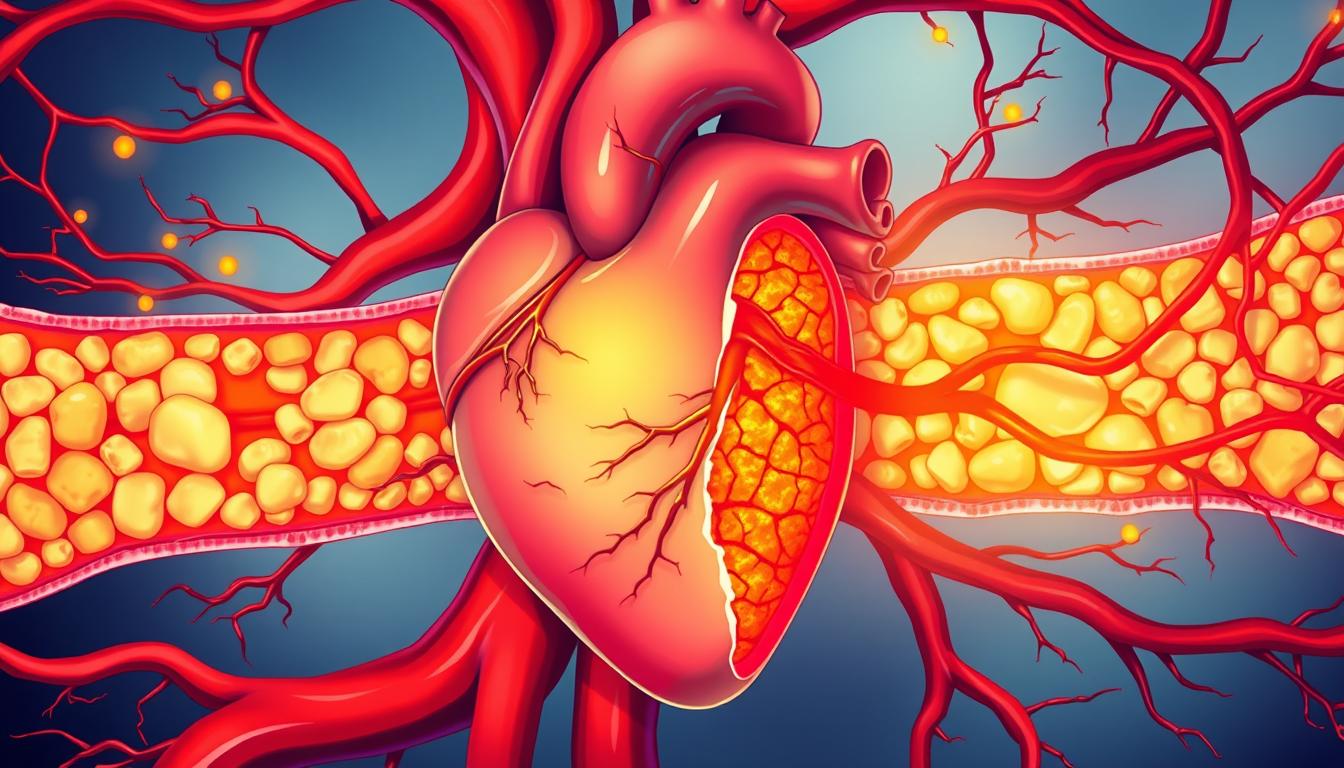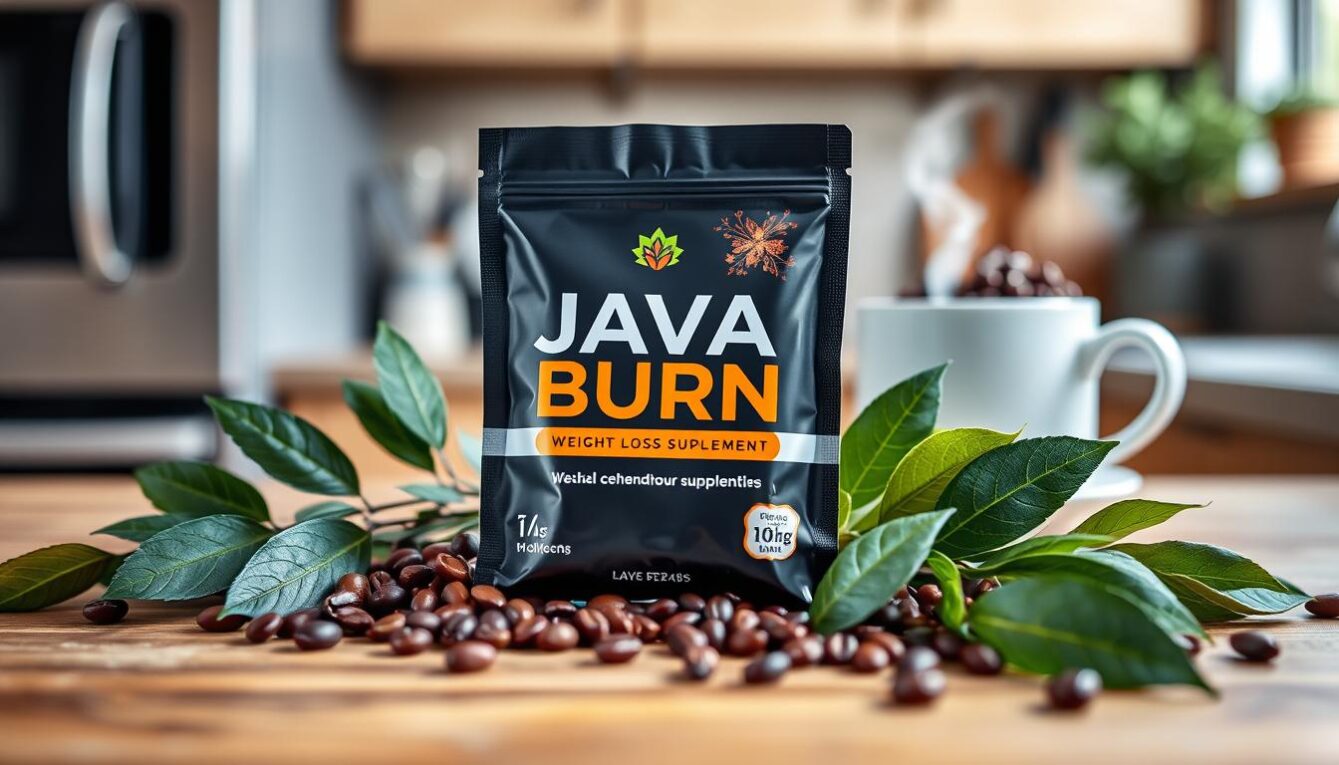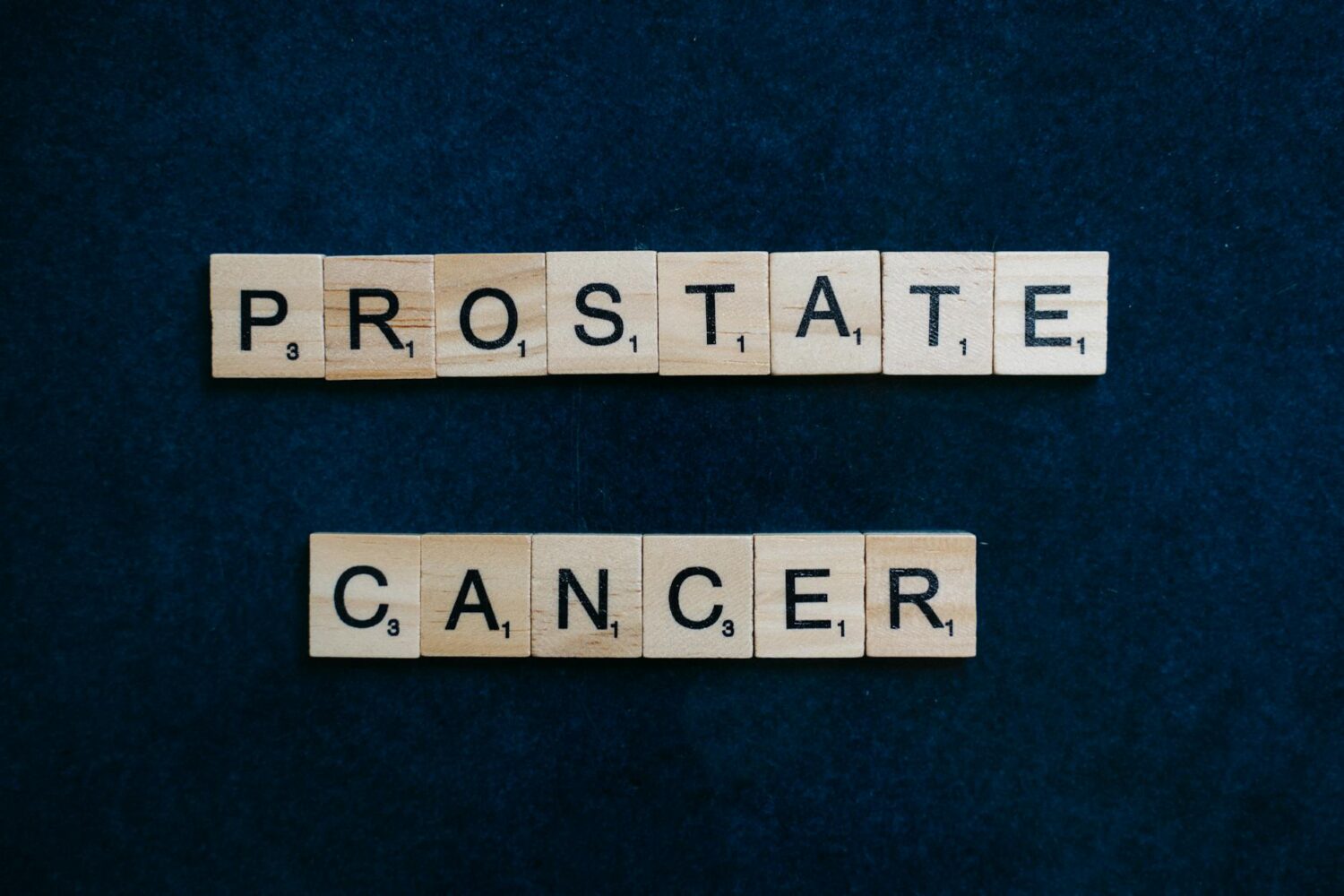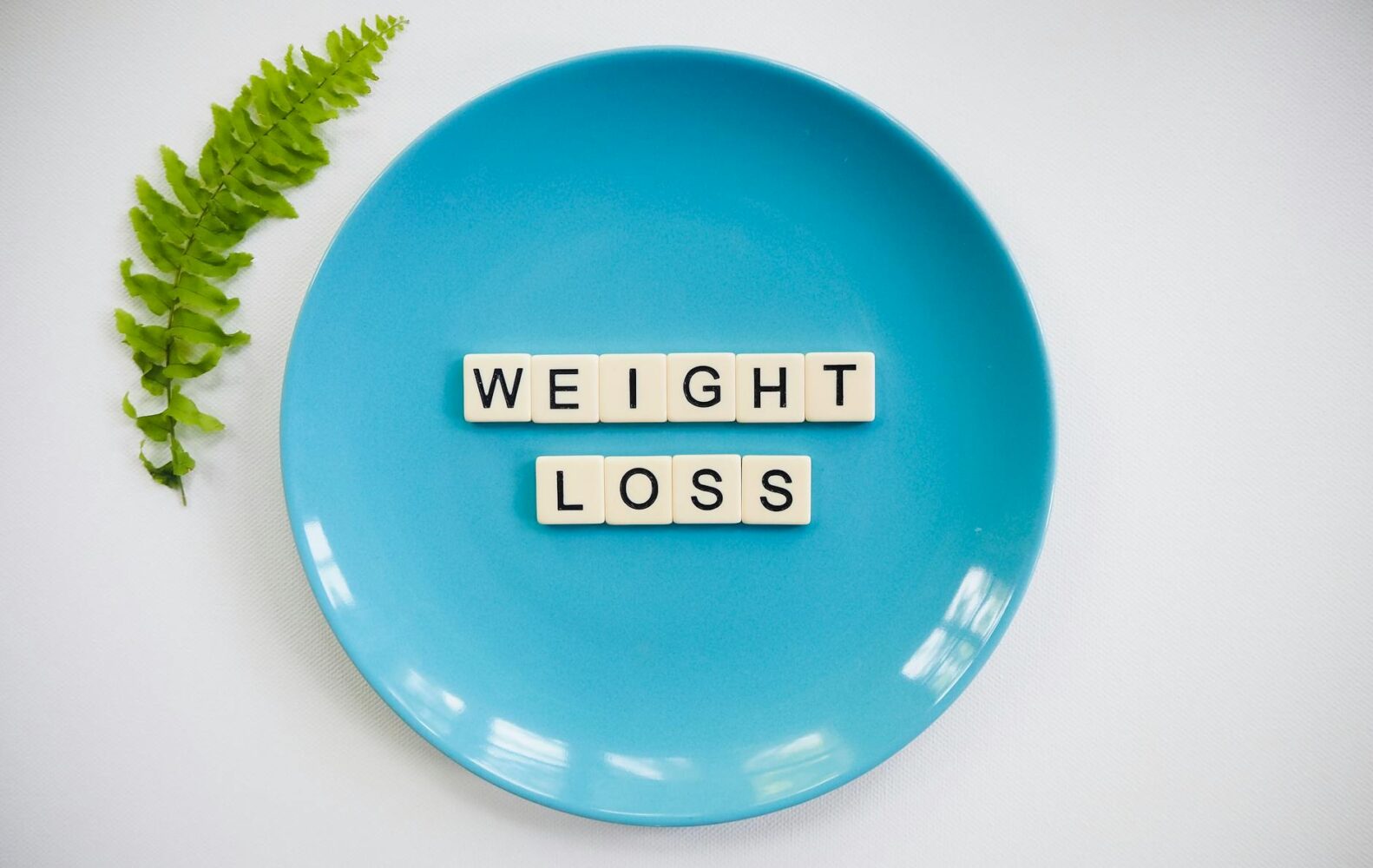Master Your Health: Natural Ways to Lower Blood Pressure
High blood pressure, often called hypertension, acts as a silent threat to your heart. It can sneak up on you, causing serious harm without showing many signs. Managing your blood pressure is vital for staying healthy. It helps you prevent heart disease, stroke, and even kidney problems later on.
The good news is, you hold real power in your hands. Lifestyle changes offer a strong, often overlooked, way to keep your blood pressure in check. These natural steps can work with any medical treatments you might be using. Let’s look into smart diet choices, easy exercises, and calm stress-reduction tricks. You can take control of your blood pressure and live a fuller life.
Understanding High Blood Pressure and Natural Management
What is High Blood Pressure?
High blood pressure means the force of your blood against artery walls is too strong. This steady high pressure damages your arteries over time. We measure it with two numbers. The top number, systolic, shows pressure when your heart beats. The bottom number, diastolic, shows pressure when your heart rests between beats. A healthy reading is usually below 120/80 mmHg. When it stays above 130/80 mmHg, doctors often diagnose hypertension. Because it shows few symptoms, it’s known as the “silent killer.”
Why Natural Management Matters
Choosing natural ways to manage blood pressure offers many benefits. You can often reduce how much medicine you need, always with a doctor’s okay. This means fewer side effects for you. Plus, these changes boost your overall health. You will feel better, have more energy, and simply enjoy life more. It’s a holistic approach to your well-being.
When to Consult a Doctor
Always talk to your doctor before making big changes to your health plan. Lifestyle adjustments are helpful, but they work best when part of a larger, doctor-approved strategy. If you take blood pressure medicine, never stop or change it without medical advice. Your doctor can guide you safely on your journey.
The Power of Diet: Foods for a Healthy Blood Pressure
The DASH Diet and Other Heart-Healthy Eating Patterns
Eating right is a cornerstone of lowering blood pressure naturally. The Dietary Approaches to Stop Hypertension (DASH) diet is a proven plan. It focuses on whole, unprocessed foods. This eating pattern helps you lower your blood pressure by prioritizing fruits, vegetables, and whole grains. Other helpful eating styles, like the Mediterranean diet, also support heart health. They both emphasize lean proteins and healthy fats.
Key Foods to Incorporate
Filling your plate with certain foods can make a big difference.
- Fruits & Vegetables: Reach for bananas, spinach, berries, and sweet potatoes. These foods burst with potassium, magnesium, and fiber. These nutrients are important for keeping blood pressure steady.
- Whole Grains: Swap white bread for oats, brown rice, or quinoa. Whole grains give you more fiber and nutrients than refined grains. This helps your heart and keeps you full.
- Lean Proteins & Healthy Fats: Enjoy fish rich in omega-3s, like salmon. Chicken, beans, and nuts are also great choices. These give you vital nutrients without extra bad fats.
- Dairy: Pick low-fat or fat-free dairy products. They provide calcium, which is another nutrient linked to healthy blood pressure.
Foods to Limit or Avoid with Hypertension
Some foods can make managing high blood pressure harder. Cutting back on these is crucial.
- Sodium (Salt): Too much salt is a direct cause of high blood pressure. Read food labels carefully. Stay away from processed snacks, canned soups, and frozen dinners. Cooking at home lets you control the salt.
- Saturated and Trans Fats: These fats can raise bad cholesterol, hurting your arteries. Limit red meat, fried foods, and baked goods with shortening. This protects your heart and blood vessels.
- Added Sugars: Sugary drinks and sweets can lead to weight gain and inflammation. Both of these indirectly raise blood pressure. Choose natural sweetness from fruit instead.
- Alcohol: Drinking too much alcohol can raise your blood pressure. If you drink, do so in moderation. This means up to one drink a day for women and two for men.
Exercise: Moving Your Way to Lower Blood Pressure
Regular movement is a powerful tool for exercises for high blood pressure. It strengthens your heart and improves how blood flows throughout your body.
Aerobic Exercise Benefits
When you get your heart rate up, you make your heart stronger. Brisk walking, jogging, swimming, and cycling are all great choices. These activities make your heart pump more efficiently. This means your arteries work better, helping to lower your blood pressure over time. Aim for at least 150 minutes of moderate aerobic activity each week.
Strength Training and Flexibility
Building muscle mass can also help your blood pressure. Muscle burns more calories, which can aid in weight loss. Losing weight often helps lower blood pressure. Try lifting weights or doing bodyweight exercises a couple times a week. Don’t forget flexibility exercises, like stretching. They improve your range of motion and reduce muscle stiffness. This all adds up to better overall health.
Creating a Sustainable Exercise Routine
Starting small is key to sticking with it. Begin with short walks and slowly increase how long and hard you exercise. Find activities you enjoy. Maybe it’s dancing, hiking, or playing a sport. When you love what you do, it feels less like a chore and more like fun. Consistency beats intensity every time.
Stress Management: Calming the Pressure
Chronic stress can seriously affect your blood pressure. Learning how to manage stress is an important part of stress reduction for blood pressure.
The Impact of Chronic Stress on Blood Pressure
When you feel stressed, your body releases hormones like cortisol and adrenaline. These hormones temporarily narrow your blood vessels and make your heart beat faster. Over time, constant stress can lead to higher blood pressure readings. It also encourages unhealthy habits, like overeating or smoking, which hurt your heart even more.
Proven Stress-Reduction Techniques
Taking time to calm your mind can profoundly impact your heart health.
- Mindfulness and Meditation: Spending a few minutes each day focusing on your breath can ease tension. These practices help you stay present and reduce anxious thoughts.
- Deep Breathing Exercises: Simple deep breaths can slow your heart rate and relax your muscles. Try breathing in slowly through your nose, holding it, and exhaling slowly through your mouth.
- Yoga and Tai Chi: These ancient practices combine gentle movement, deep breathing, and meditation. They offer both physical and mental benefits, helping you find peace and improve flexibility.
- Hobbies and Social Connection: Do things you love, like reading, gardening, or listening to music. Connect with friends and family. Strong social ties provide support and reduce feelings of loneliness.
Lifestyle Habits That Support Blood Pressure Management
Beyond diet, exercise, and stress control, other daily habits play a role. These can greatly help in managing high blood pressure.
Prioritizing Sleep
Good sleep is vital for a healthy heart. Poor sleep quality, or conditions like sleep apnea, can raise your blood pressure. Aim for 7-9 hours of restful sleep each night. Create a regular sleep schedule, keep your bedroom dark and cool, and avoid screens before bed. Your body repairs itself during sleep, which helps regulate blood pressure.
Smoking Cessation
Smoking harms nearly every organ in your body, especially your heart and blood vessels. It immediately raises your blood pressure and heart rate. Quitting smoking is one of the best things you can do for your cardiovascular health. The benefits start almost at once, and your blood pressure will begin to improve.
Weight Management
If you carry extra weight, even losing a small amount can significantly lower your blood pressure. For individuals who are overweight or obese, losing just 5-10 pounds can make a real difference. Your heart works harder when you weigh more. Reaching a healthy weight reduces this strain, making it easier for your blood pressure to stay in a normal range.
Conclusion
Taking charge of your blood pressure is a journey, not a sprint. Remember the key pillars of natural management: eating a heart-healthy diet, staying active with regular exercise, and mastering stress reduction. You can empower yourself with these steps.
Making proactive choices through your daily habits leads to a healthier heart and a more vibrant, energetic life. You have the power to influence your well-being. Start today. Talk to your healthcare provider and pick one or two actionable tips from this guide. Click here and start your path toward better blood pressure control and a brighter future.
